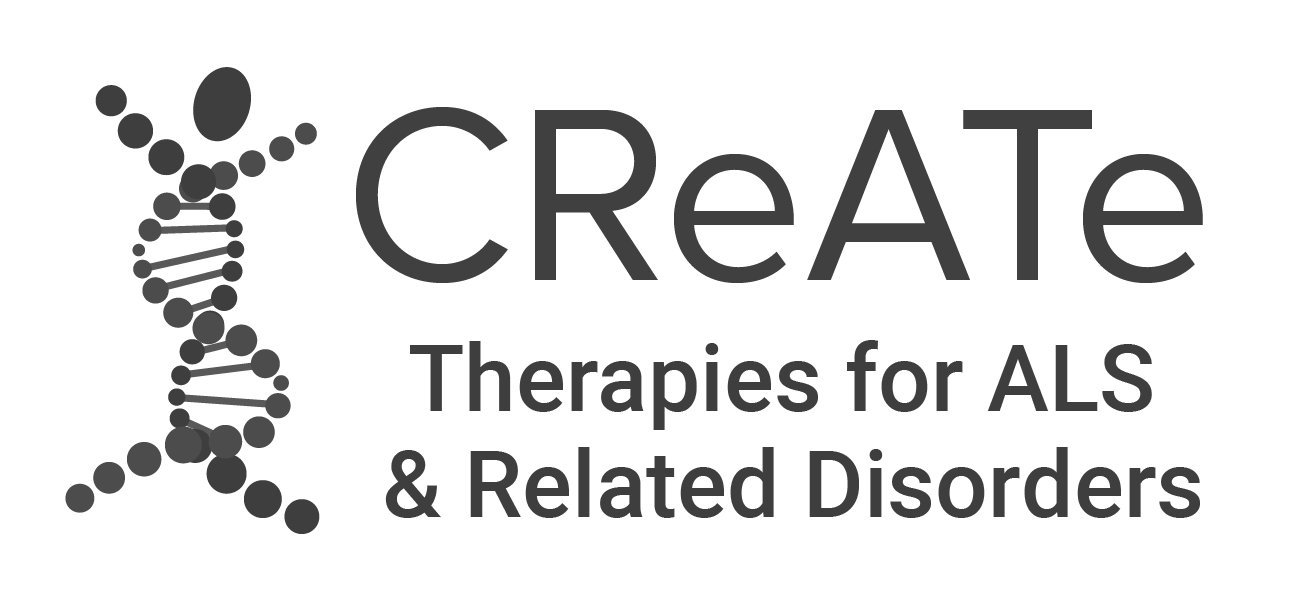Diseases Studied
The Rare Diseases Clinical Research Network is an NIH-funded research network of 20 active consortia or research groups working to advance treatment for diseases that are rare. Use the search tools on this page to find the diseases we currently study. You can reach out to the indicated consortia or research groups for more information on those diseases and studies underway.
This network focuses on clinical research and does not generally support clinical care outside of research activities. To learn about other rare diseases, please visit the Genetic and Rare Diseases Information Center (GARD), which is an NIH program that helps the public find reliable information about rare and genetic diseases. Their staff are specialists. Contact them at 1-888-205-2311 or email GARDinfo@nih.gov.
All Diseases > Amyotrophic lateral sclerosis-frontotemporal dementia
Amyotrophic lateral sclerosis-frontotemporal dementia (ALS-FTD)
Disease Category: ALS and Related Disorders
A disorder in which upper motor neurons (nerves in the brain) and lower motor neurons (nerves in the brainstem and spinal cord) progressively deteriorate and eventually die, disrupting messages to muscles. In this disorder, the nerves in the frontal and temporal lobes of the brain deteriorate, causing cognitive impairment, memory loss, personality changes, and progressive muscle weakness and atrophy (wasting) throughout the body.
Research groups studying this disease
ALS and Related Disorders

Clinical Research in ALS and Related Disorders for Therapeutic Development (CReATe)
Recruiting
8002: Clinical Procedures to Support Research in ALS (CAPTURE-ALS)
The purpose of the Clinical Procedures to Support Research in ALS (CAPTURE-ALS) study is to utilize information collected in the medical record to learn more about a disease called amyotrophic lateral sclerosis (ALS) and related disorders.
8011: Phenotype, Genotype and Biomarkers 2 (PGB2)
The purpose of this study is to learn more about amyotrophic lateral sclerosis (ALS) and other related neurodegenerative diseases, including frontotemporal dementia (FTD), primary lateral sclerosis (PLS), hereditary spastic paraplegia (HSP), progressive muscular atrophy (PMA) and multisystem proteinopathy (MSP). More precisely, the investigator wants to identify the links that exist between the disease phenotype (phenotype refers to observable signs and symptoms) and the disease genotype (genotype refers to your genetic information). The investigator also wants to identify biomarkers of ALS and related diseases.
Cure VCP Disease
Dedicated to driving the development of a cure for valosin-containing protein (VCP) associated multisystem proteinopathy (MSP), also known as IBMPFD (Inclusion Body Myopathy, Early Onset Paget’s Disease of Bone and Frontotemporal Dementia).
Association for Frontotemporal Degeneration
Aims to improve the quality of life of people affected by frontotemporal degeneration (FTD) and drive research to a cure.
The ALS Association
Focuses on care, advocacy, and research to discover treatments and a cure for ALS while empowering those affected to live life to the fullest.
